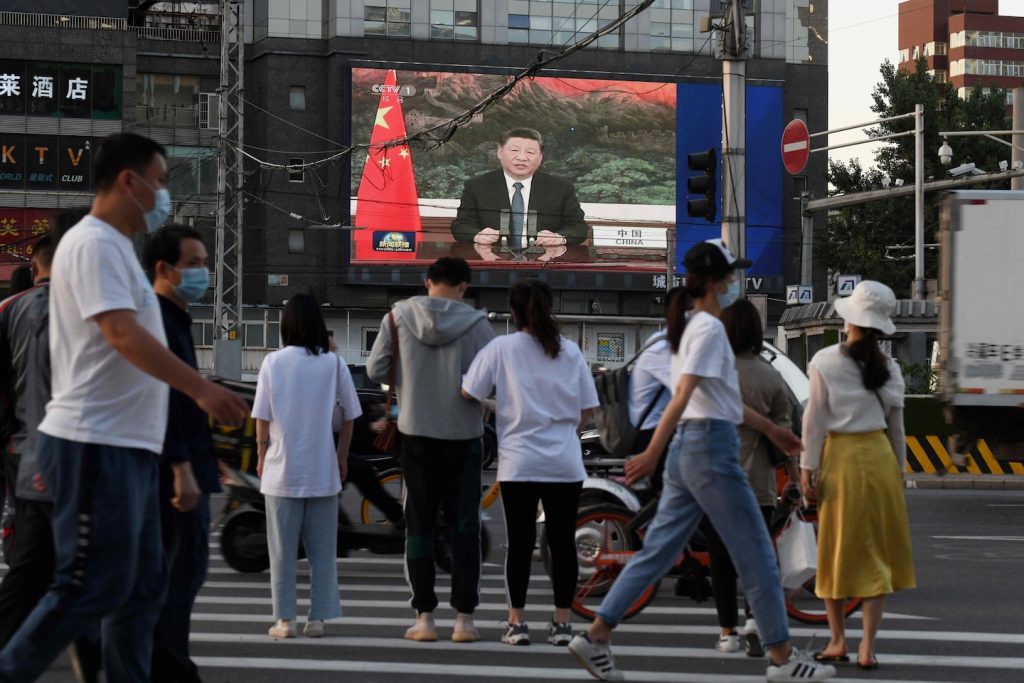On Monday, May 18, 2020, China’s President Xi Jinping delivered a speech via video backing a WHO-led investigation into the origins of COVID-19, after weeks of opposing the United States’ proposal into said investigation. After Russia, Turkey, and other European and African countries began to support Western inquiries about the virus’ origins, drafts of the suggested resolution focused toward international collaboration on managing the pandemic. Among these countries is also Australia, which China threatened with a boycott of Australian-made products after that country suggested that the WHO should be able to dispatch investigators to emergency sites within China. Some of these threats have been acted on; Australia has since had its beef imports cut and 80 percent tariffs imposed on its barley.
Xi pledged $2 billion in relief aid over two years to help countries in response to the pandemic, as well as an independent evaluation into their response when the pandemic comes to an end. The $2 billion is not currently designated to any particular recipient; however, this amount would eclipse the $893 million the US committed to contributing over 2018 and 2019. Current aid from the US toward the WHO budget has been frozen since April.
The European Union’s draft resolution, supported by over 100 countries, did not mention Wuhan or China, simply asking the WHO to identify the source and route of introduction to humans. The document also ruled out the possibility that the virus was manufactured, as proposed by US officials.
Information in this post was gathered from the Washington Post article found here, written by Gerry Shih, Emily Rauhala, and Josh Dawsey.
Author: Camryn Thomas


